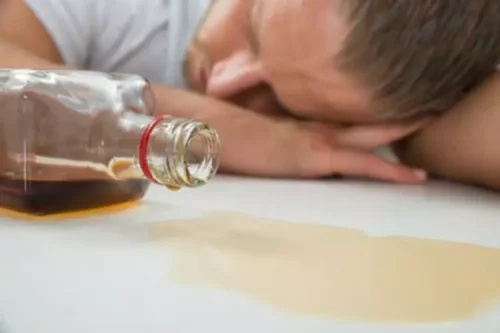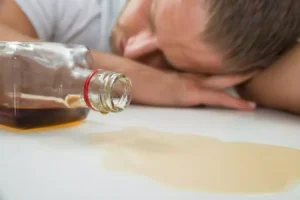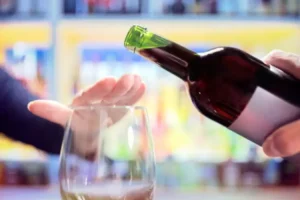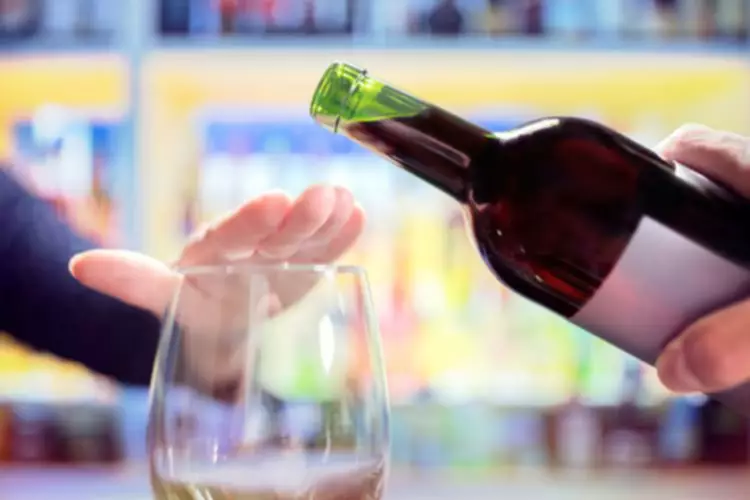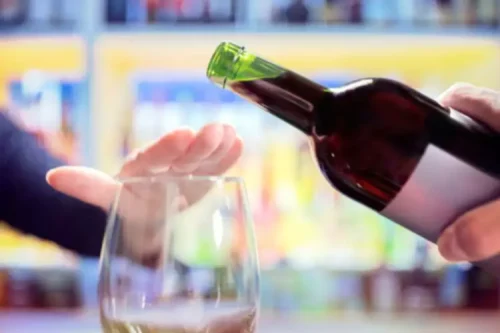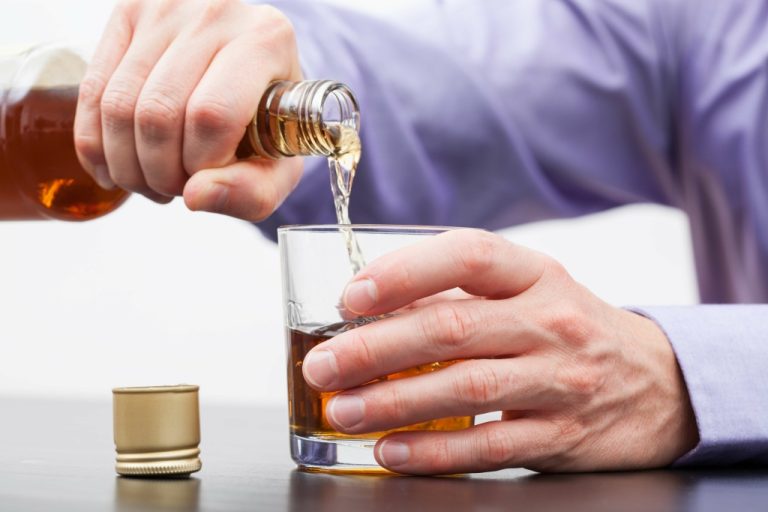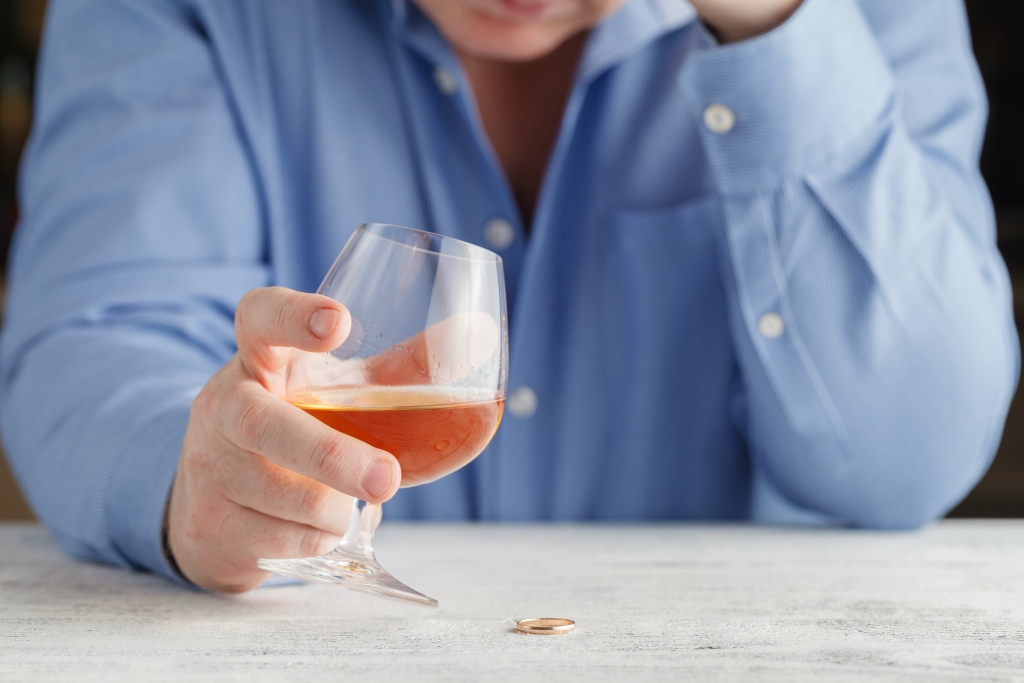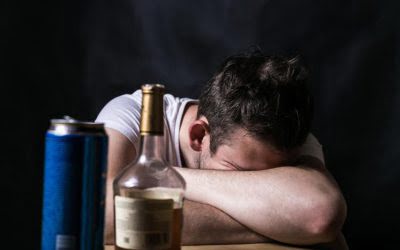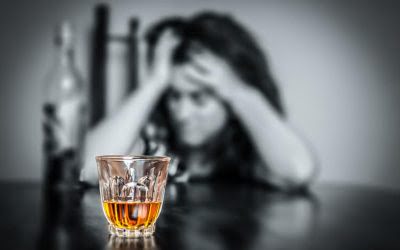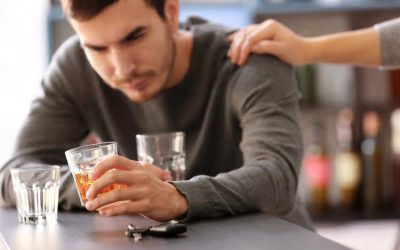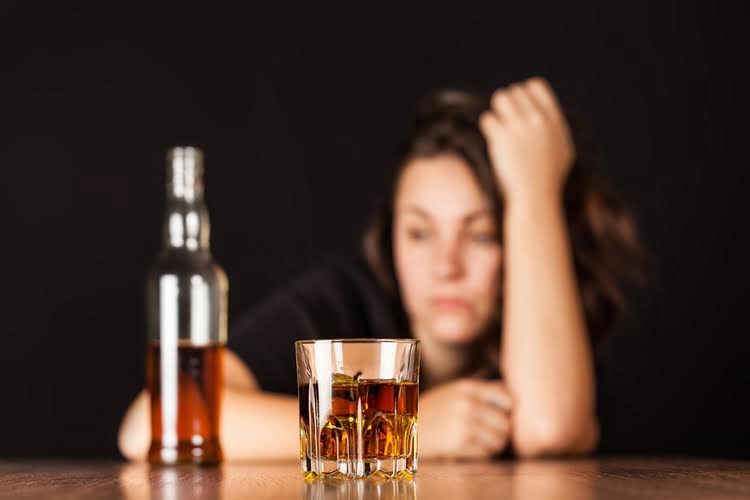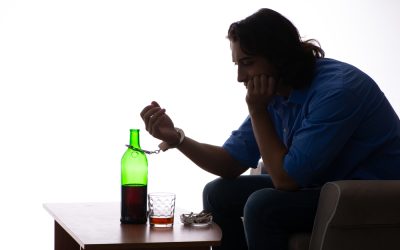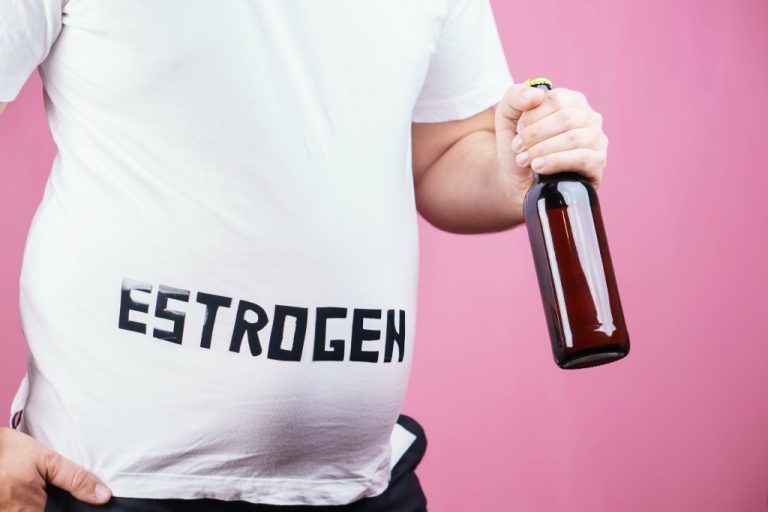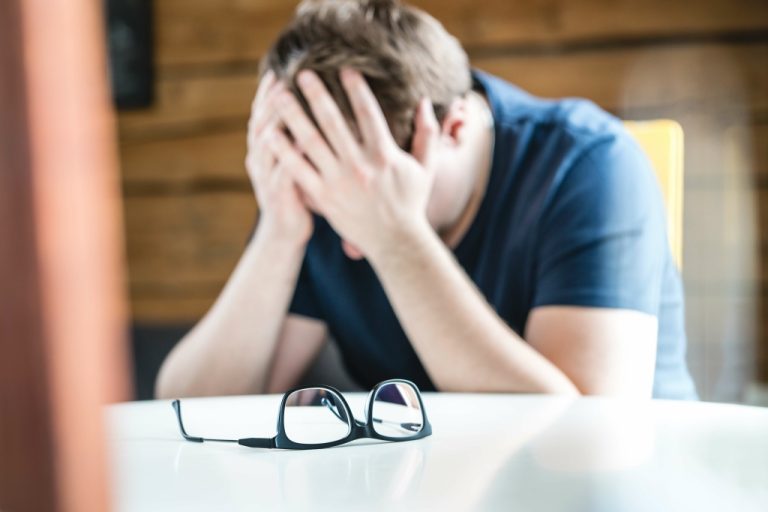It occurs after consuming 1-2 alcoholic drinks in a short period. When tipsy, a person feels uplifted, relaxed and experiences subtle changes in thinking, behavior and coordination. Initially, being under the influence of both alcohol and drugs https://www.archipetrus.com/why-you-bruise-more-easily-when-you-drink-alcohol-4/ can alter sensations, perceptions, and emotions, perhaps intensifying feelings of euphoria.
The speed at which a person enters into those stages depends on tolerance and the amount consumed. First-time drinking might seem intriguing or overwhelming, but it’s not something to take lightly. If we’re making the decision to take Sobriety that first drink, remember that it’s not all it’s cracked up to be, and the downsides outweigh any benefit. Right after we start drinking, we might feel warm, relaxed, and sociable.
- But using these tips can help mitigate the feelings of tipsiness more quickly.
- You’ll learn about the different stages of drunkenness and what they feel like, as well as some tips on how to avoid getting drunk in the first place.
- There are numerous resources available, such as support groups, helplines, and counseling services, that can provide guidance and assistance.
- A person can be arrested if they are found driving with a BAC above this limit.
Why does alcohol cause dehydration?
Long-term risks include liver damage, cardiovascular disease, and mental health disorders. This article mentions it being the cause of feeling drunk when you’re sober. The social environment plays a significant role in the experience of being drunk.
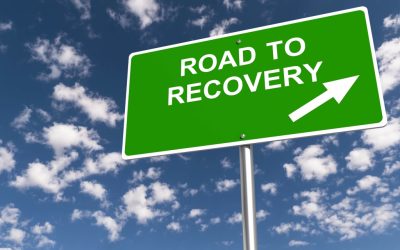
However, if you get sleep drunkenness once every week, it’s best to visit a doctor. This condition is rare and may make you feel intoxicated without having alcohol. Auto brewery syndrome is typically the most common cause for this feeling. It results when your body transforms starchy and sugary foods into alcohol.
Cognitive and Emotional Signs and Symptoms
As a result, they may experience a lower level of intoxication compared to individuals with slower metabolism. Understanding the different levels of intoxication is important for both individuals who consume alcohol and those around them. Recognizing the signs and symptoms of each level can help prevent dangerous situations and allow for timely intervention when necessary. Alcohol has the ability to impact emotions and behavior, often resulting in changes in mood and personality. Initially, alcohol can induce feelings of relaxation and reduced inhibitions.
When Should I Worry About My Reaction to Alcohol?
Here is our guide to giving up (or cutting back) on alcohol. Following these tips will help reduce the risks of accidents, injuries or other unintended consequences of intoxication. We’d love the opportunity to help you during this overwhelming and difficult process. The Summit Wellness Group is located in Georgia and all of your calls will be directed what does being drunk feel like to one of our local staff members.
Someone who has consistently participated in extreme amounts of drinking will have a higher tolerance. It will take more for them to reach their desired state of mind and to satiate the body and the brain’s cravings. Recognizing that someone is both intoxicated and high is crucial, but what to do when someone is high and drunk?
If we continue to drink long term, alcohol affects our health and well-being in many ways. It takes time for our body to get rid of the alcohol in our system (it does so at the rate of approximately 1 standard drink per hour). At first, we might feel warmer, more relaxed, and more sociable. Alcohol also stimulates the release of the “feel-good” hormones serotonin and dopamine, and we might feel temporarily happy and euphoric. We can start to feel alcohol’s effects in as little as 10 minutes after drinking. As intoxication progresses, individuals may experience nausea and dizziness.
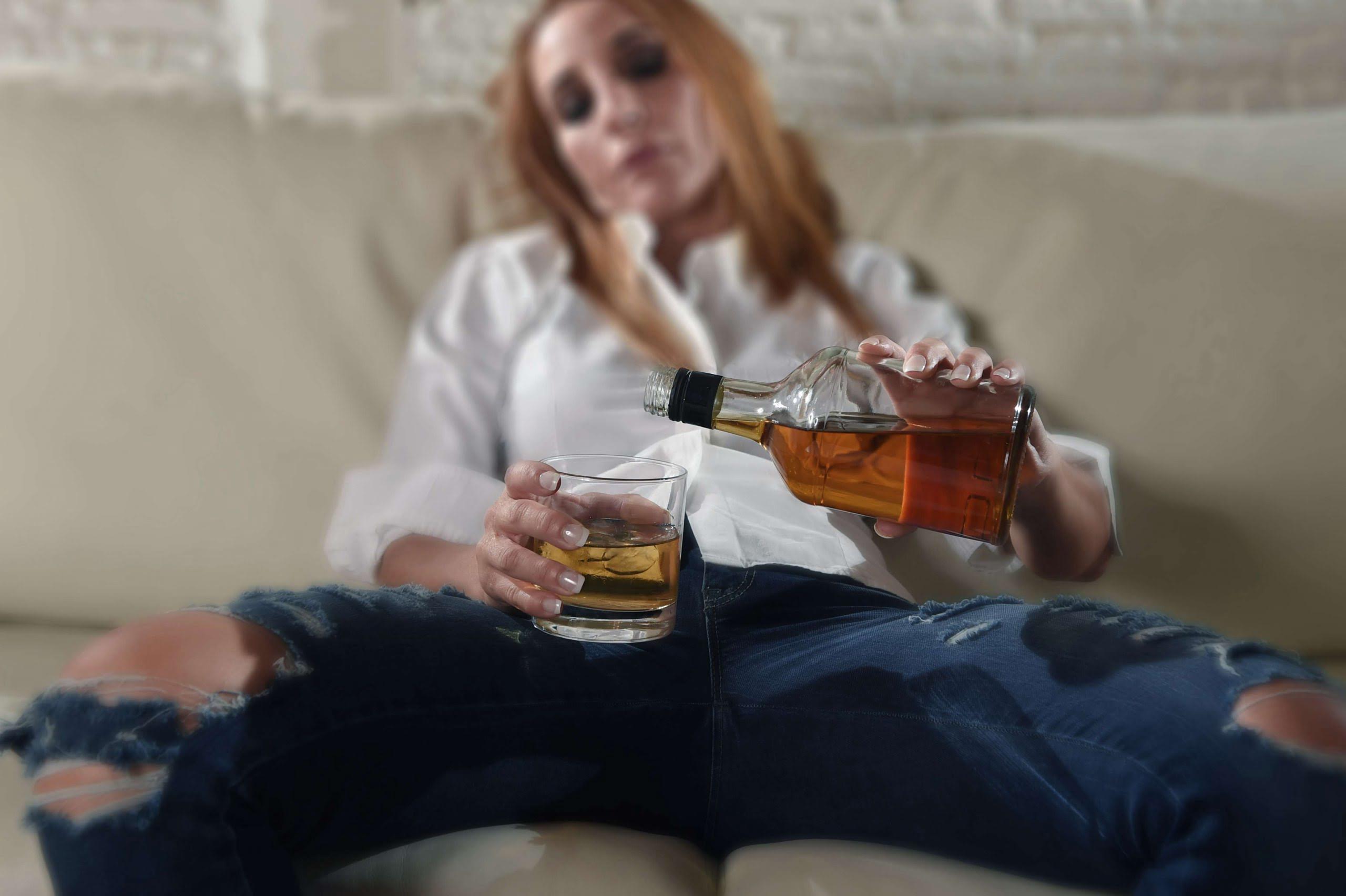

The experience of being drunk can feel different for everyone, but it commonly results in a decrease in inhibitions and a heightening of emotions. Just because you can “hold your drink” and don’t feel intoxicated doesn’t mean that you’re not. Heavy drinkers can function with higher amounts of alcohol in their bodies than those who don’t drink as often, but this doesn’t mean they’re not drunk. Whether or not you’ve eaten affects how quickly alcohol enters your bloodstream.
When people drink, all their different physical and genetic factors combine with how much they are drinking and how quickly. This determines BAC level and the phases of drinking at which the brain and the body enters. The person who is only drinking a little each hour is better able to filter the alcohol out of the blood. This allows them to either maintain a certain level of intoxication or give their body a chance to get rid of the alcohol.
Addiction Treatment
The Reframe app equips you with the knowledge and skills you need to not only survive drinking less, but to thrive while you navigate the journey. If you are struggling withalcohol abuse, you are not alone. Representatives at The Recovery Village are available to discusstreatment optionstailored to your situation.

